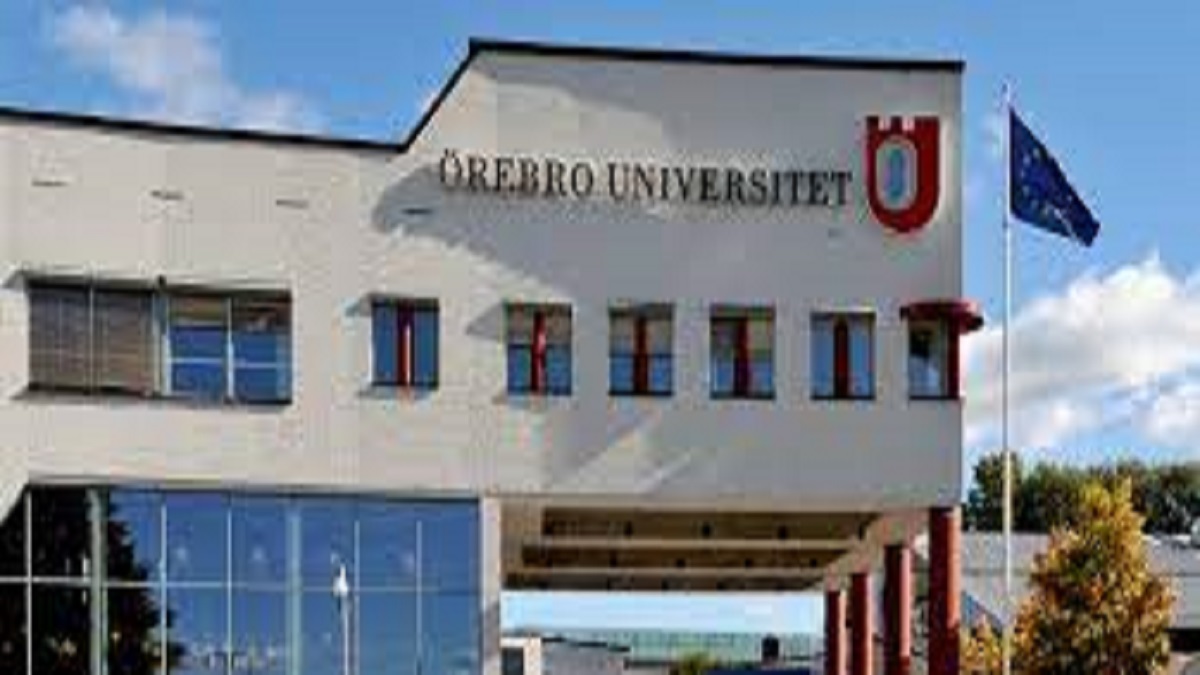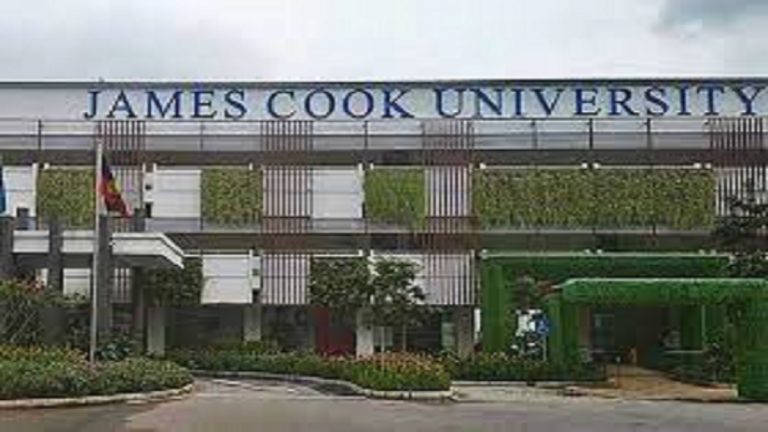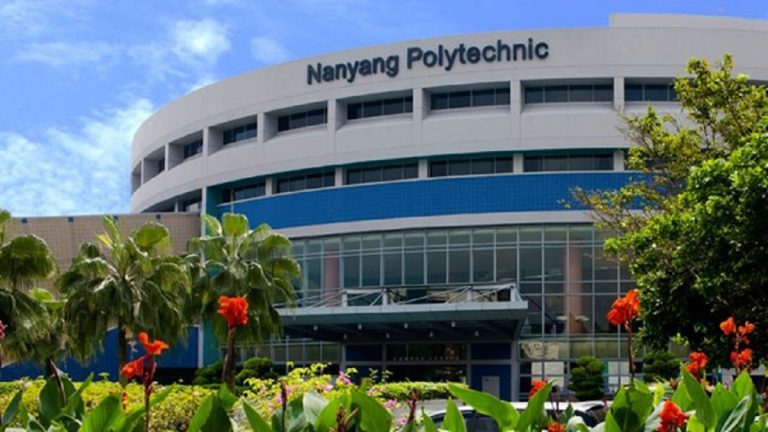
We are looking for a researcher in systems medicine for a permanent position at the School of Medical Sciences.
Subject area
The subject area for this position is Medicine, with specialisation in systems medicine, exposome research and metabolomics.
Background
Successful applicant will contribute to the new EU project “Investigation of endocrine-disrupting chemicals as contributors to progression of metabolic dysfunction-associated steatotic liver disease” (EDC-MASLD). This is a 5-year project coordinated by the Örebro University, comprising 14 European partners, that is expected to start by the end of 2023. One of the main areas will be investigations of chemical exposures and multi-omics profiles in large longitudinal study of patients with MASLD, focusing on the role of external and internal exposome in initiation and progression of MASLD. The applicant will also be involved in related studies in experimental and screening models of MASLD.
Furthermore, the researcher will contribute to the analysis and interpretation of metabolomics and other ‘omics’ and clinical data in Systems Medicine group (https://www.oru.se/english/research/research-teams/rt/?rdb=g326) at Örebro University.
Duties and responsibilities
The appointment as a researcher is generally intended to enable persons with doctoral degree to further consolidate and develop primarily their research skills, including research management and facilitating transitions towards independent research career. Since the position is permanent and financed by external grants, the applicant is expected to apply for future external grants.
The emphasis will be on investigation of environmental chemicals (chemical exposome) including endocrine-disrupting chemicals (EDC) in relation to initiation and progression of metabolic dysfunction-associated steatotic liver disease (MASLD). The appointment will include data mining and interpretation in the EDC-MASLD project as well as contribute to the research management of the project. The position will also support other projects and collaborations in the Systems medicine group, by contributing to mining of multi-modal data and analyses of biological networks in health and disease.
Qualifications
Those qualified for the appointment as a researcher are applicants who have obtained a doctoral degree or have a degree from abroad deemed to correspond to a doctoral degree.
Assessment criteria
A basis for the assessment is the applicant’s ability to disseminate information and communicate; collaborate and engage with the wider community; manage research projects; and facilitate utilisation of the university’s research. In addition, the applicant’s suitability for the position will be assessed. Suitability refers to the applicant demonstrating the personal qualities required to successfully perform the duties and responsibilities at hand, the ability to cooperate with other members of staff, and the ability to contribute to the development of the operations.
Particular attention is to be paid to the applicant’s prospects of contributing to the future development of both research and education. Importance is also attached to a demonstrated ability and ambition to embark on a career within academia.
The specific assessment criteria include documented knowledge, experience and publication record in metabolomics and/or exposome research as well as applications of biostatistics and statistical learning in analysis of biological (multi)omics data. Expertise in R statistical language is a requirement, while expertise in Python and Matlab are merits. Experience with medical applications of metabolomics and exposomics, modelling of biological networks including genome-scale metabolic modelling, and metabolic research in general are merits.
The successful candidate should be creative, have the ability to both co-operate and independently work with research questions, and successfully manage research projects. Proficiency in written and spoken English is a requirement.
Information
This is a permanent full-time position, with a trial period of 6 months. At Örebro University, salary depends on the successful candidate’s qualifications and experience.
For more information about the position, contact Professor Matej Orešič (principal investigator), +46 19 302137, email: [email protected], or Dr. Daniel Eklund (head of Unit), +46 19 301460, email: [email protected].
At Örebro University, we expect each member of staff to be open to development and change; take responsibility for their work and performance; demonstrate a keen interest in collaboration and contribute to development; as well as to show respect for others by adopting a constructive and professional approach.
Örebro University actively pursues equal opportunities and gender equality as well as a work environment characterized by openness, trust and respect. We value the qualities that diversity adds to our operations.
Application
The application is made online. Click the button “Apply” to begin the application procedure.
For the application to be complete, the following electronic documents must be included:
- Covering letter, outlining how you believe you can contribute to the continued development of Örebro University
- CV with a relevant description of your overall qualifications and experience
- Account of research qualifications and experience
- Copies of relevant course/degree certificates and references verifying eligibility and criteria met
Only documents written in Swedish, English, Norwegian and Danish can be reviewed.
More information for applicants will be found on our career site: https://www.oru.se/english/career/available-positions/applicants-and-external-experts/
The application deadline is October 30, 2023. We look forward to receiving your application!
As we have already made our choices in terms of external collaboration partners and marketing efforts for this recruitment process, we decline any contact with recruitment agencies and advertisers.
As directed by the National Archives of Sweden (Riksarkivet), we are required to deposit one file copy of the application documents, excluding publications, for a period of two years after the appointment decision has gained legal force.


